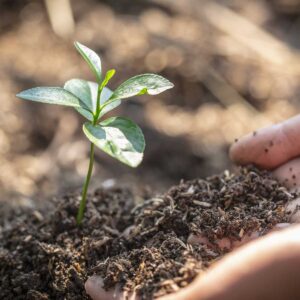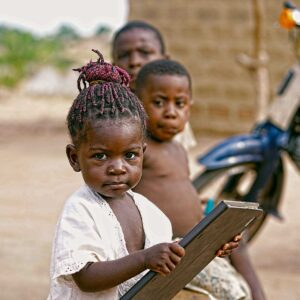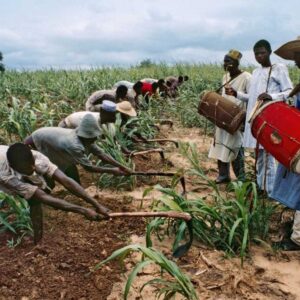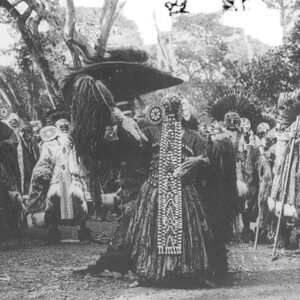According to the National Office of Drinking Water (ONEP), in Côte d’Ivoire, the rate of access to drinking water, which stood at 65% in 2015, has risen to 82%. However, access in some neighborhoods of Abidjan and in the interior of the country is still difficult.
To provide sustainable solutions, the government has announced an investment of 291 billion CFA francs ($480 million) in 2020.
This investment should make it possible to achieve a 95% coverage rate and will consist of building the necessary infrastructure to facilitate the delivery of drinking water to the country’s least served areas.
The objective of these measures is to increase the rate of access to drinking water to 100% by 2030, (as recommended by one of the relevant MDGs). This project should require more than 1,000 billion CFA francs. And already, 36 billion CFA francs have been invested in the rural drinking water sector.
This all sounds good on paper, but in the meantime, the reality of access to drinking water in rural areas remains problematic.
Illnesses related to the unavailability and impurity of drinking water are multiplying in some areas of the country.










